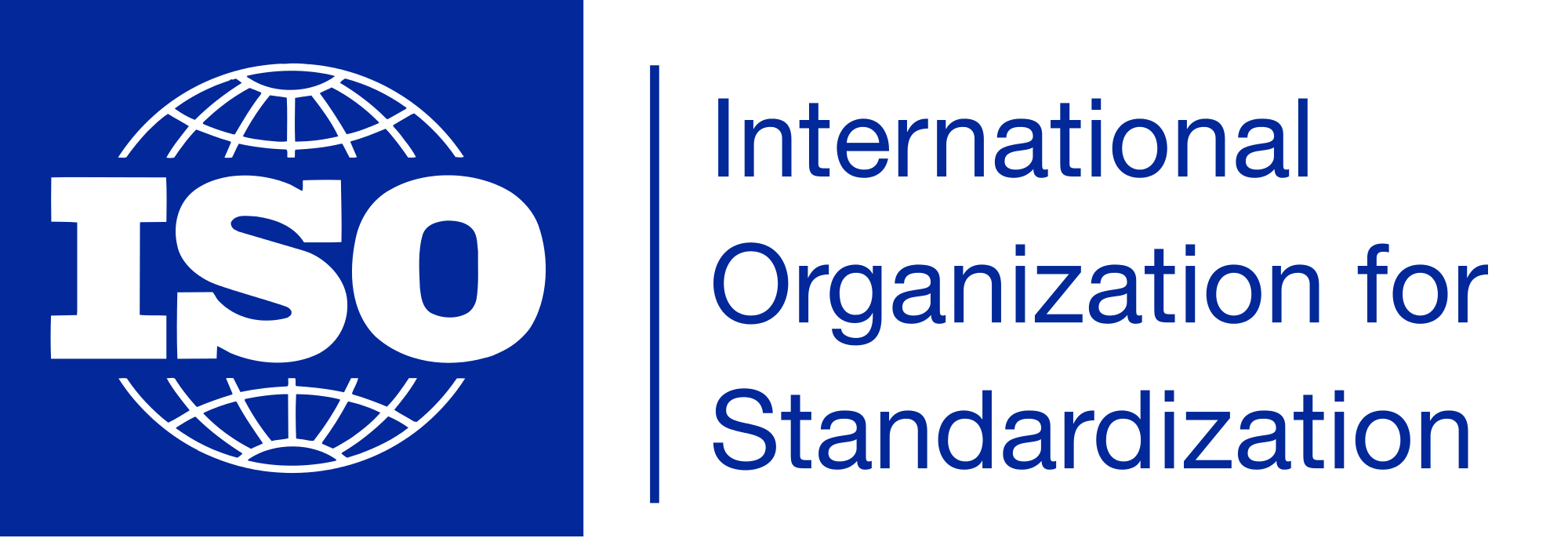I blogged last year on the inclusion of a new clause covering management of knowledge within the 2015 revision of ISO 9001. There is more commentary now, and the intent of this clause is becoming clearer.
 |
| Image from commons.wikimedia.org |
New clause 7.1.6 is shown below (taken from Whittington Associates) within its context:
7.1 Resources7.1.6 Organizational Knowledge Requirements:
- Determine the knowledge necessary for the operation of processes and to achieve conformity of products and services.
- Maintain this knowledge and make it available to the extent necessary.
- Consider current knowledge and determine how to acquire or access the necessary additional knowledge (when addressing changing needs and trends).
- NOTE 1: Organizational knowledge can include information such as intellectual property and lessons learned.
- NOTE 2: To obtain the knowledge required, consider: a) Internal Sources (e.g., learning from failures and successful projects, capturing undocumented knowledge and experience of topical experts within the organization); b) External Sources (e.g., standards, academia, conferences, gathering knowledge with customers or providers).
- Changes: This clause on organizational knowledge is a new requirement. It should be an input to clause 7.2 on Competence.
- “Knowledge” is defined in the terms section as the available collection of information being a justified belief and having a high certainty to be true
Here is some more commentary (my emphasis)
According to the ISO 9001 revision site, - Knowledge management is the handling of knowledge which 'should not go home after work'. Knowledge should therefore remain available in-house at all times. For this, it should be shared among more than one person, if it cannot be stored in the documentation system. Always think of the situation if a key person doesn't show up for work unannounced...
According to a webinar by the ISO chairman Nigel H Croft, - Remember Deming - “There is no substitute for profound knowledge of the business!”
The implications
There are some big implications for organisations. Now knowledge has to be managed as a resource. Lessons learned becomes a required component. So does capturing undocumented knowledge and experience from topic experts. So does accessing external knowledge. So does ensuring tacit knowledge is shared between many people.These are all standard components of KM - learning from experience, knowledge retention, communities of practice. Hopefully this new clause will drive a deeper understanding of the need for KM as part of good business practice.




No comments:
Post a Comment